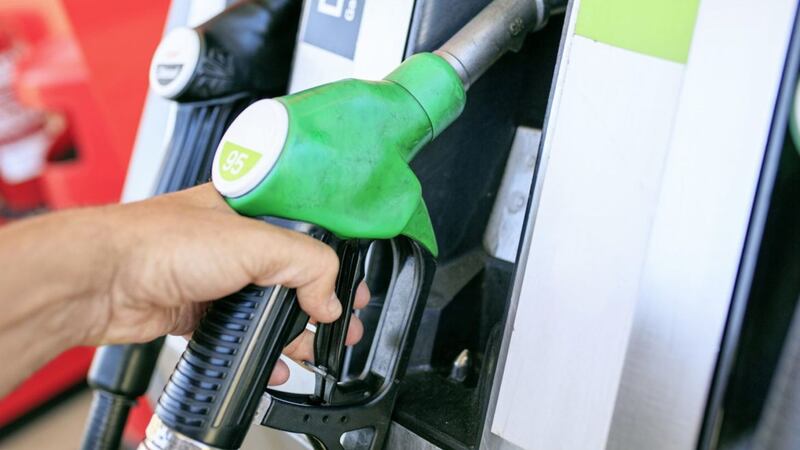DANSKE Bank has downgraded its expectations for the Northern Ireland economy next year.
The lender said higher inflation alongside ‘the economic policy environment’ and political uncertainty is causing the north’s economy to slow in 2022.
In its latest outlook, the bank said despite signs of a slowdown between the first and the second quarter, it expects the north’s economy to still grow in line with its previous forecast of 3.6 per cent for 2022.
But Danske Bank has cut its outlook for 2023 from 1.7 per cent to just one per cent.
On Wednesday, the Organisation for Economic Co-operation and Development (OECD) forecast that growth in the UK economy will drop from 3.6 per cent in 2022 to zero percent in 2023, the slowest among the G7 countries.
The same report forecast that the Republic of Ireland’s economy will grow by 4.8 per cent in 2022 and 2.7 per cent in 2023,
Experimental estimates by the UK’s Office for National Statistics (ONS) indicate Northern Ireland’s economy grew by 0.4 per cent between the last quarter of 2021 and first quarter of 2022.
It followed strong growth figures during 2021, which suggest only London performed better than Northern Ireland among the UK regions since the end of 2019.
Danske Bank’s chief economist Conor Lambe said the squeeze on household incomes will intensify later in the year, slowing the economy.

UK inflation jumped to nine per cent in April, with The Bank of England forecasting it will grow into double digits before receding again.
The Republic’s rate of inflation rose to a 38-year high of 7.8 per cent in May, the Central Statistics Office confirmed yesterday.
“If inflation runs higher than forecast and remains at more elevated levels for a longer period of time, it has the potential to constrain economic growth even further,” said Mr Lambe.
“This could occur if fuel and energy prices remain higher for longer, supply chains take longer to normalise or if the current tightness of the labour market begins to result in more domestically driven inflation, with a wage-price spiral keeping the rate of price rises above its target rate."
Road fuel prices are up 43 per cent in Northern Ireland year-on-year, with diesel averaging 183.8p/litre and petrol 180.1p/litre.
“Higher and more prolonged inflation could also mean that Bank Rate would be increased at a faster pace to contain the rate of price rises and that could further dampen economic activity.
“Persistent supply chain disruption could also adversely impact activity levels in goods-based businesses if they are unable to source the products they sell or use as inputs."






